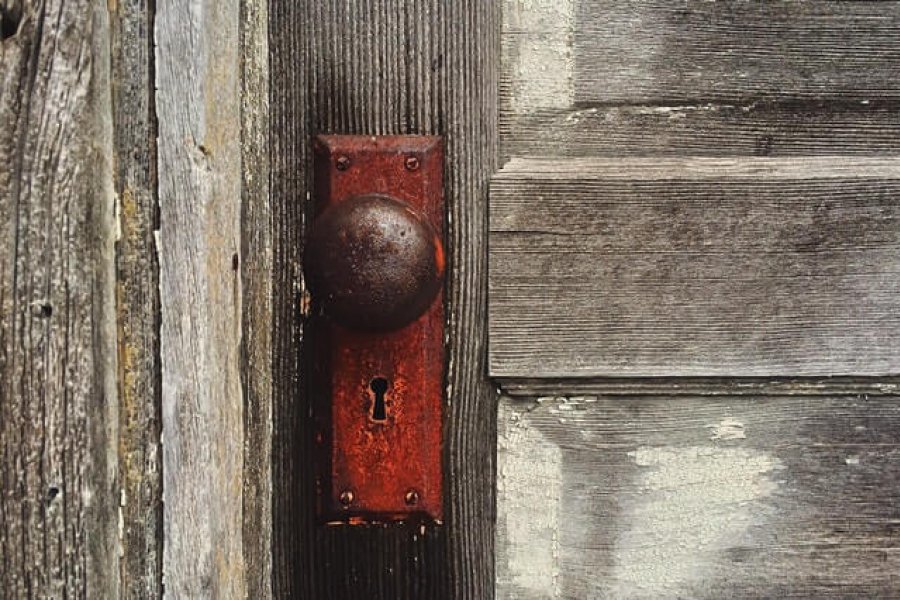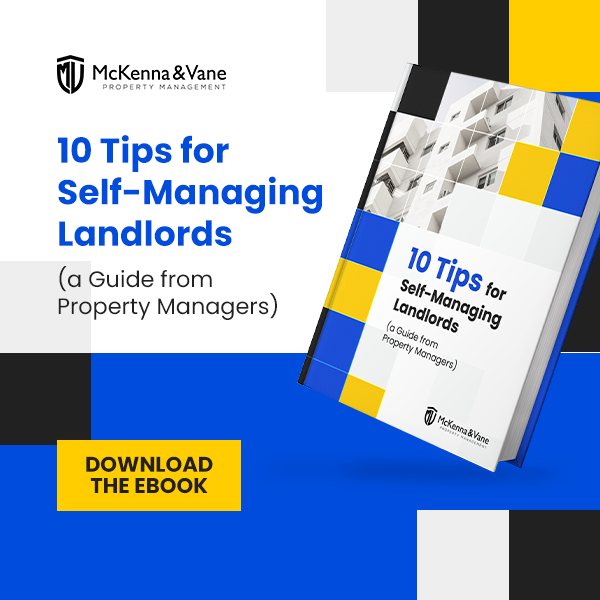Squatting Laws Maryland

What Are Squatter’s Rights?
Squatter’s Rights are a form of Adverse Possession. If a squatter occupies your property for a certain amount of time and follows the guidelines outlined by Maryland laws, your property may legally become owned by the squatter. This can occur despite the lack of payment for it.
It’s necessary for you to familiarize yourself with Maryland Squatter’s Rights to avoid this outcome. If not, you might find your property has been legally snatched right under your nose.
Initially, someone may move in your vacant lot without permission. As such, there is no lease to break. When you ignore their presence, enough time may pass that will legally allow them to take possession of your property.
As a landowner in Maryland, you need to be vigilant of squatters who are occupying your vacant building or empty residential unit. Otherwise, they can claim rights of ownership to your real estate asset, making it tough for you to reclaim your property.
What Are Squatter’s Rights in Maryland?
In order to gain squatter’s rights, a squatter must occupy your property for a specific amount of time. In Maryland, a squatter must occupy your property for a period of 20 years. This must be a continuous occupation for them to stake an adverse claim to the property.

Additionally, a squatter must occupy your property in a specific way for them to have rights as a squatter. Under Maryland law, squatter rights can be obtained if they satisfy these 5 factors:
Hostile Claim
The squatter simply lives in your land. No permission from you has been obtained. The squatter may also have no idea that the Maryland property belongs to someone.
Another situation would be the squatter knowing full well they are a trespasser and cannot claim any right to stay in the property.
At other times, a squatter may also be using incorrect information that supports their occupation of the property. This can constitute a mistake made in “good faith.” The squatter may have no awareness of the property’s state of legal ownership.
Actual Possession
The squatter is residing physically in the property displaying a sense of ownership. This can be proven when a squatter can show receipts and other proof of beautifying the property and attending to its maintenance. A squatter taking steps to improve the curb appeal, exteriors and interiors of the property fall into this category.
Open & Notorious Possession
The squatter must be known by the public to openly occupy the land. It must be also obvious to the property owner that the squatter is living in their property. There must be no objective to hide the occupation from the perspective of the squatter.

Exclusive Possession
The squatter must stake an exclusive claim to the property. There’s no multiple sharing of ownership with others, including the property owner.
Continuous Possession
The squatter must satisfy the requirement to occupy the property continuously for 20 years. This means there’s no break in the residence. They can’t leave for a short period, come back later and still claim possession.
In other states, having color of title helps the trespasser gain squatter rights. This means the property ownership is irregular. In Maryland, having color of title does not impact the period of continuous possession, but it can contribute to winning the case of an adverse claim.
How to Prevent Squatters from Entering Your Property
The good news is there are steps you can take to prevent squatters from occupying your property in Maryland. Meeting the squatter problem head-on will help you avoid the future headache of removing them. Here are some ways to guard your property against squatters:
- Prioritize securing your property, especially when it’s currently vacant
- Hire a property management company that can monitor your property regularly when you’re away
- Make sure to place entry barriers to secure your property. This means locking the doors, windows and all other points of entry
- Don’t forget to place “No Trespassing” signs around your property. This is applicable in an empty unit where trespassers may be interested in becoming squatters
- Schedule inspections periodically around your property to discourage squatters from occupying it
How to Remove Squatters

As with most problems, it’s best to halt a problem early before it gets out of hand. This applies to removing squatters before they gain Maryland squatter’s rights to your property.Unlike normal evictions, there is no security deposit to potentially be collected, so you're on your own when it comes to finances.
Laws are specific when it comes to squatter removals compared to the normal eviction process. Maryland has disability provisions providing “disabled” property owners (those who are minors, legally incompetent and imprisoned) an extra 3 years to reclaim their property. This begins once the legally disabled comes of age, gains back their competency or is released from prison.
To rid your property of squatters, you can follow this procedure:
- Arrange to file a complaint for wrongful detainer if a squatter refuses to leave the premises. You can head to the county’s District Court. They’ll be the one to send summons
- If the court favors the landlord’s case, there will be an order sent to the County sheriff. The task of removing the squatter will be in the sheriff’s hands provided the squatter does not make an appeal
Some Last Reminders
- When facing Maryland squatter rights, note that it’s the sheriff that can best handle squatter concerns and not the police
- Ensure that your actions are legal. Don’t attempt to perform self-eviction actions such as replacing the locks or switching off the utilities. Protect yourself from counter lawsuits
The Bottom Line
At McKenna & Vane Property Management, we are well-versed in Maryland laws. Keeping your property cared for and occupied by quality tenants is our number one priority. We protect our clients from dealing with potential squatter problems. Your property will remain safe, secure and under your legal ownership.
*Disclaimer: be aware that this blog should not be used as a substitute for legal advice from a licensed attorney. Please contact us for any questions you have in regards to this content or any other aspect of your property management needs.
